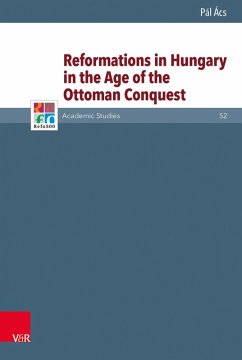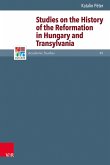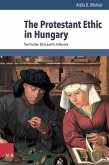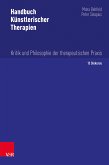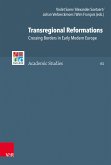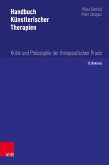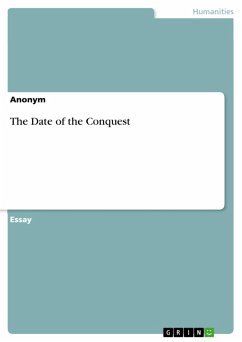Ács treats not only the culture of the Reformation in an Ottoman context but also vice versa the Ottomans in a Protestant framework. As the studies show, the culture of the early modern Hungarian Reformation is extremely manifold and multi-layered. Historical documents such as theological, political and literary works and pieces of art formed an interpretive, unified whole in the self-representation of the era. Two interlinked and unifying ideas define this diversity: on the one hand the idea of European-ness, i.e. the idea of strong ties to a Christian Europe, and on the other the concept of Reformation itself. Despite its constant ideological fragmentation, the Reformation sought universalism in all its branches. As Ács shows, it was re-formatio in the original sense of the word, i.e. restoration, an attempt to restore a bygone perfection imagined to be ideal.
Dieser Download kann aus rechtlichen Gründen nur mit Rechnungsadresse in A, B, BG, CY, CZ, D, DK, EW, E, FIN, F, GR, H, IRL, I, LT, L, LR, M, NL, PL, P, R, S, SLO, SK ausgeliefert werden.

